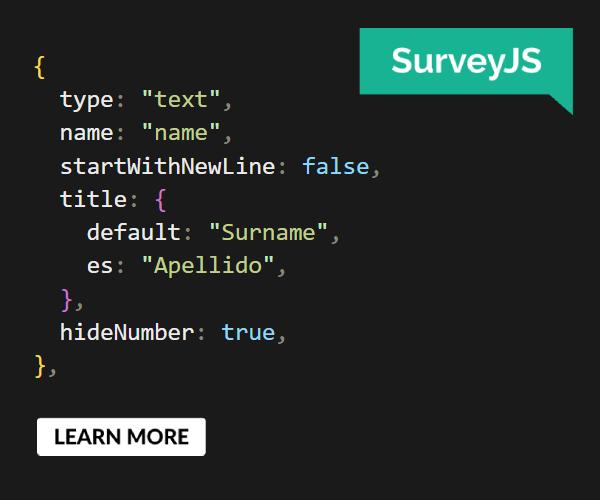The Bare Bones That Every Freelance Contract Should Have
There are many templates out there for contracts that freelancers can adopt but eventually, you may have to create one for a specific unorthodox project or maybe you just want to take the time to devise your own template. In this article, you will find what could be considered the bare bones that every contract should address.
Here are some other contract resources that you can view to help you when writing your contract.
- Freelance Contracts: Do’s and Don’ts
- Renegotiating The Contract (And Other Tales Of Horror)
- Invoice Like A Pro: Examples and Best Practices
The Brief
In this section of your contract, go ahead and explain the details of the project and what is defined as ‘completion’. If you wish, you can also add project specifics here.
Timeframes and Deadlines
In this section of your contract, you want to address and specify when it is that you are expected to have things done by. Outline periodic milestones. It is also a good idea to work in a line of 7 days grace in case circumstances arise on your end or your PC doesn’t play nice for a few days, etc! Furthermore, outline when the client has to complete their side of things by.
Example:
"Client must supply finalized and proofed content by [date]. If this date is exceeded, [company] can not be held responsible for late project completion."

Money, Money, Money
You want to get paid right? Then you need to outline:
- How you are going to get paid
- The amount
- When you will be paid
- Consequences / action for non / late -payment
Outline that the deposit is non-refundable and that it must be fully paid before work commences. Late payment = late start! Outline how deviations from the brief that result in extra work / time spent in relation to the project will be billed accordingly.
And If Things Go Bad…
Be sure to include a section that addresses your procedure if the project takes a turn for the worse. Such as a professional dispute, non-payment, the client cancels. Here, you want to include a fee if this happens.
Example:
"cancellation of a project results in this amount to be paid."
This amount can be X percentage of the total due or you can devise a formula that figures out about how much time you spent on the project, etc.
In this section, depending on the type of work – details regarding who is to blame for misspelled text and omissions, etc.
Who’s Work Is It Anyway?
A small section can’t go amiss stating the obvious of the agreement. The work is your property until full payment is made and that they promise to not infringe upon any copyrights in the creation of your work.

Writing
Be cold, concise and pragmatic. It’s always nice to know you have a signed contract to fall back upon. I have hard time understanding freelancers who want to keep their contracts to just one sheet of paper to not daunt clients. No serious client will be fearful if you explain the purpose of the contract to protect both you and them.
If you address everything and your contract is only one sheet of paper… fair enough, but skimping here a little and there a little on your freelance contract can be devastating in the long run. Just ask the many freelancers who wish they would have devised a contract before experiencing the worst clients possible. You can read some horror stories about clients here.
Thank you for reading this article. If you enjoyed it, please re-tweet it. You can also share your freelance contract with us by placing a link to it on the comments below.




 Celebrating 10 million developers
Celebrating 10 million developers Register now for WAS 2026
Register now for WAS 2026 SurveyJS: White-Label Survey Solution for Your JS App
SurveyJS: White-Label Survey Solution for Your JS App Register Free Now
Register Free Now Register for free to attend Axe-con
Register for free to attend Axe-con

